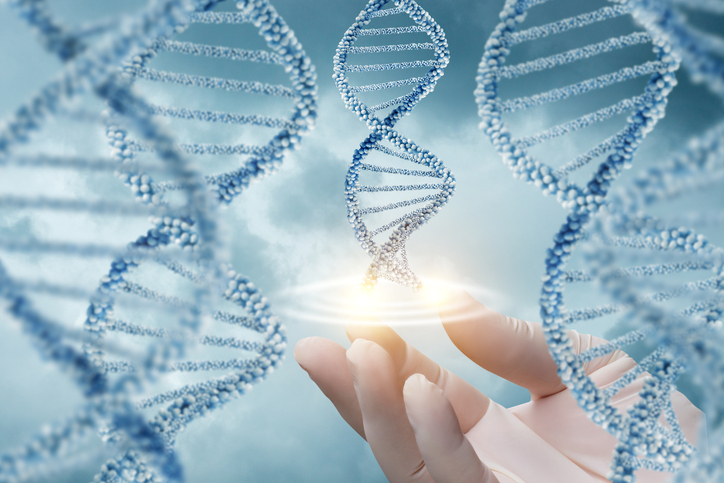<< Back
Assessing the Hereditary Risk of Cancer

September 21, 2018
A new hereditary cancer risk assessment program is helping identify specific cancers in women and men across Connecticut. Hartford HealthCare nurse practitioner Meghan Burgess explains the importance of this program.
Q: Why is it so important to have this type of assessment program?
A: We’re identifying women at risk for certain types of cancer specific for a mammography program, but we not only identify their risk but also manage it. So we coordinate their care. But the program is not limited to women. Men and families can also take part. We often see people starting the program when a female family member is having their annual mammogram, then extending the assessment to children, siblings and husbands, too.
Q: So how important is this program in identifying these cancer risks?
A: It’s hugely important. It’s a life-changer, certainly. We’re certainly saving lives once we identify women and their families at higher risk for these cancers. There are things that we can do in order to lower their risk or prevent those cancers from actually occurring.
Q: How successful is this program in actually identifying these markers?
A: It is hugely successful. We rolled the program out in our mammography suites over a year ago. We identified over 25,000 women, tested well over 1,200 and have 70 mutation-positive individuals. We really are saving lives.
Q: What happens when they actually take part in this program? How do you prepare people to hear the results?
A: That’s the other important piece of this. It’s a saliva test. In that way, it is simple but it goes beyond that. And part of our program and part of my role as a nurse practitioner is to counsel those patients. Their pre-test counseling on the phone with the genetic counselor and post-test counseling with me helps to coordinate their care and explain the impact of those results.
Q: If the results turn out to show that someone is at a higher risk for a certain cancer, what do you say to them?
A: Some people worry that patients will be anxious (for the results). But many times I find the patients already knew that they were at high risk and now it almost decreases their anxiety. Because now they have the knowledge and they can do things to prevent that cancer from occurring. Additional screening and procedure options are discussed. So it’s actually hugely beneficial to them and their families.
Q: How long does it take to get the results back?
A: It takes about 4-6 weeks to get the results and to meet with me to go over those results.
Q: What is the lab looking at as the test is processed?
A: They’re looking at 28 genes. We are using the most comprehensive genetic sequencing that is available. The only FDA-approved lab is what we’ve chosen as our lab. We test for the eight most common types of hereditary cancer. So breast, ovarian, colon, uterine, pancreatic and prostate cancers.
Learn more about your cancer treatment options by visiting the Hartford HealthCare Cancer Institute here.